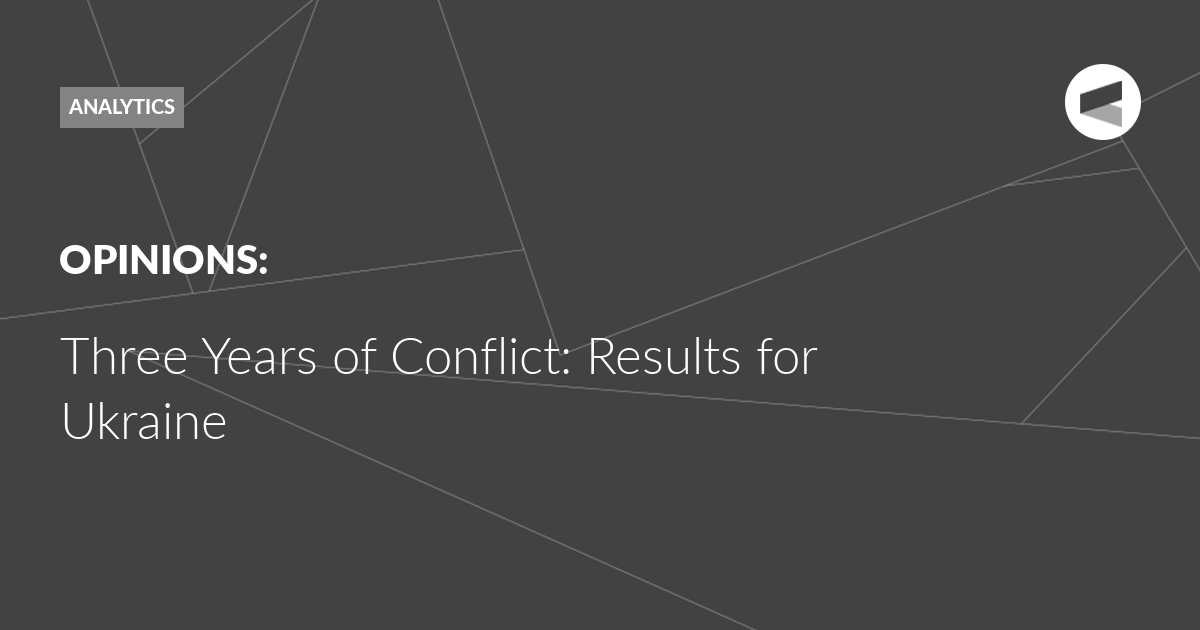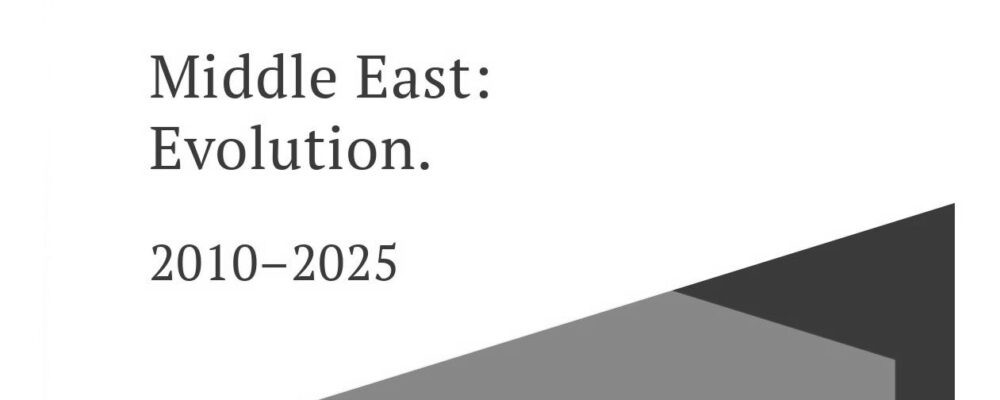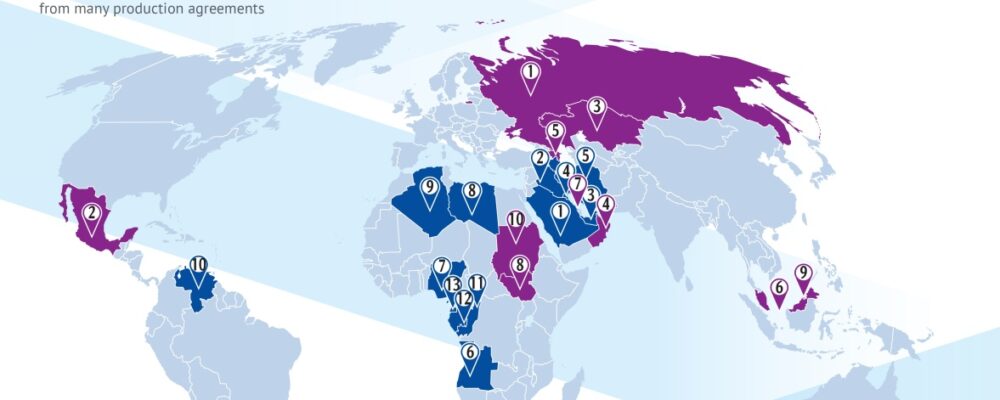The list of liabilities, however, is equally significant. First and foremost, Ukraine has suffered enormous human losses. Hundreds of thousands of men have been killed or wounded. The loss of human capital has been exacerbated by the large number of refugees and émigrés, many of whom are reluctant to return. Given Ukraine’s already challenging demographic situation following the collapse of the USSR – marked by low birth rates and high mortality (a trend also seen in Russia) – these losses are particularly severe. Unlike Russia, Ukraine lacks experience in integrating large numbers of migrants, making it extremely difficult to compensate for these losses. While the diaspora abroad can serve as an asset – lobbying for pro-Ukrainian legislation, advocating for sanctions against Russia, and sending remittances – it cannot directly contribute to the country’s economy.
Human losses have been compounded by extensive damage to infrastructure, including industrial and material assets. Ongoing military activity has caused significant destruction, with reconstruction expected to require tens of billions of dollars. Even more critical are the losses in material support for the armed forces. Ukraine’s colossal stockpiles of Soviet-era weapons have been depleted over the past three years. Although Western supplies have alleviated the problem to some extent, maintaining the necessary supply levels will require massive new financial investments. Washington’s abrupt shift in policy has exacerbated this issue, as the US had been the primary supplier.
Territorial losses remain a major concern, with their final extent still uncertain. However, hopes of restoring Ukraine’s 1991 borders are unrealistic. Pushing back Russian troops is not feasible, especially as the Russian army continues to advance, albeit slowly and steadily. Russia’s military-industrial complex has gained momentum and appears capable of sustaining its current pace. Ukraine’s weakening could lead to further territorial losses. While Kiev will not bear the burden of reconstructing these lost territories – thoroughly devastated by military activity – it will also lose access to their resources.
Three years of conflict have sharply increased Ukraine’s dependence on its Western partners. Despite retaining formal sovereignty, Ukraine has lost much of its freedom to manoeuvre in choosing its political and economic course. The country’s budget is critically reliant on foreign aid, and the remnants of its industrial sector are locked into Western production and supply chains, further entrenching the peripheral nature of its economy. Modernization and even basic maintenance of the country’s infrastructure are impossible without Western support. Even if the EU and others were to confiscate and transfer Russia’s frozen assets to Ukraine (a scenario that remains uncertain), the problem of dependence would persist, as decisions about financial infusions would still be made abroad.
This dependence creates political vulnerability. Western partners can exert significant pressure, potentially seizing assets they deem important. The EU tends to do this subtly, using diplomatic language to allow Ukraine to save face. However, Donald Trump has been more direct, demanding significant control over Ukraine’s natural resources as payment for Washington’s support. Ukraine has effectively fallen into bondage, and escaping this dependency will take years, if not decades.
The Valdai Discussion Club was established in 2004. It is named after Lake Valdai, which is located close to Veliky Novgorod, where the Club’s first meeting took place.
Please visit the firm link to site






